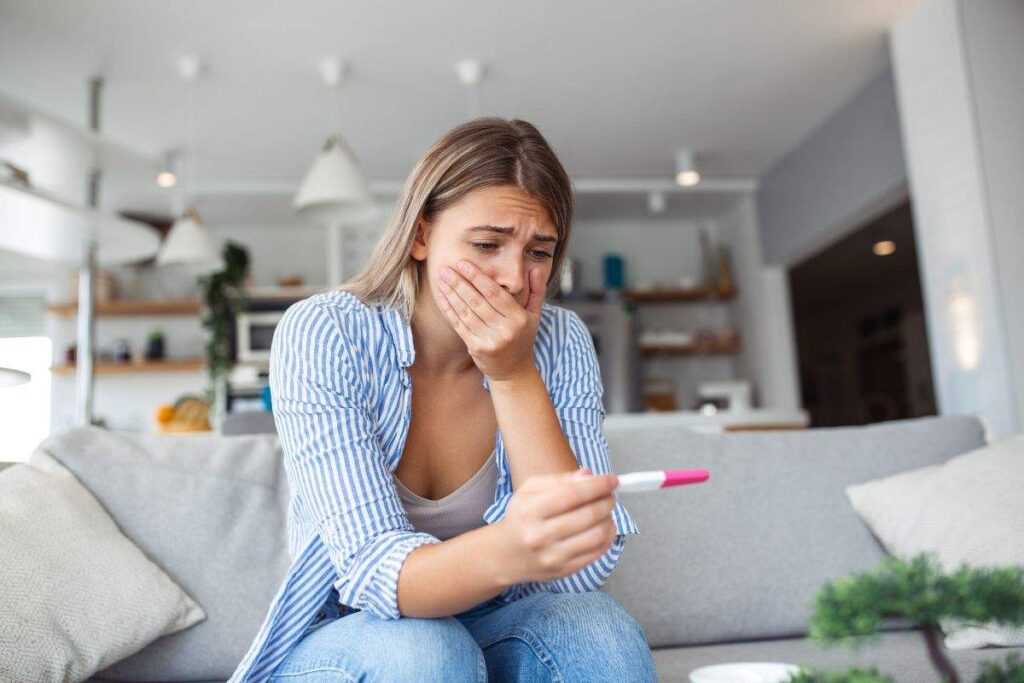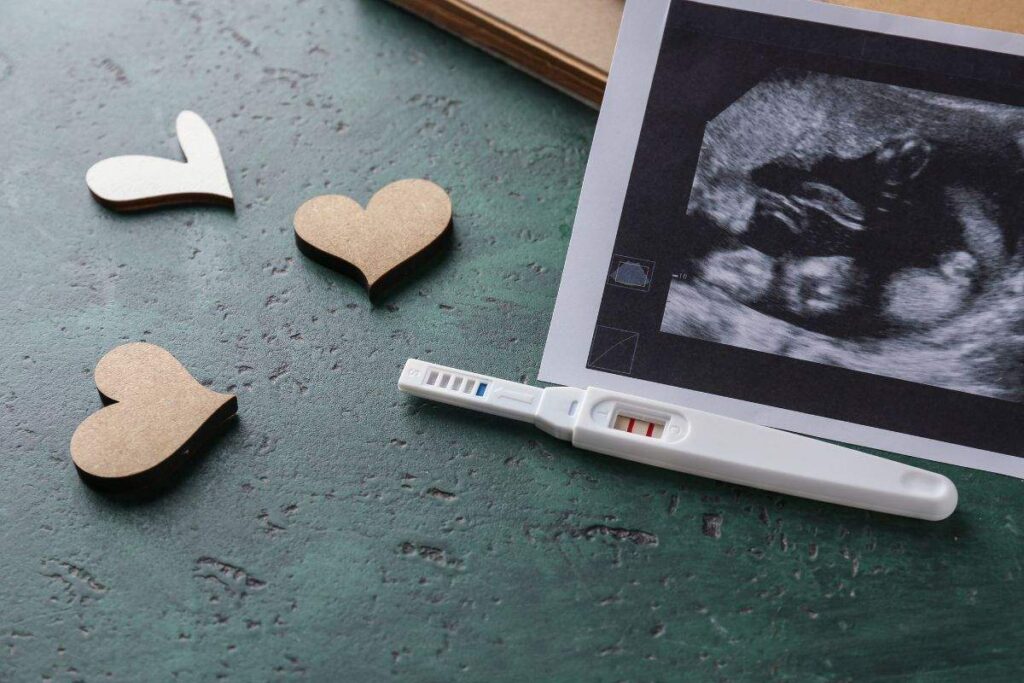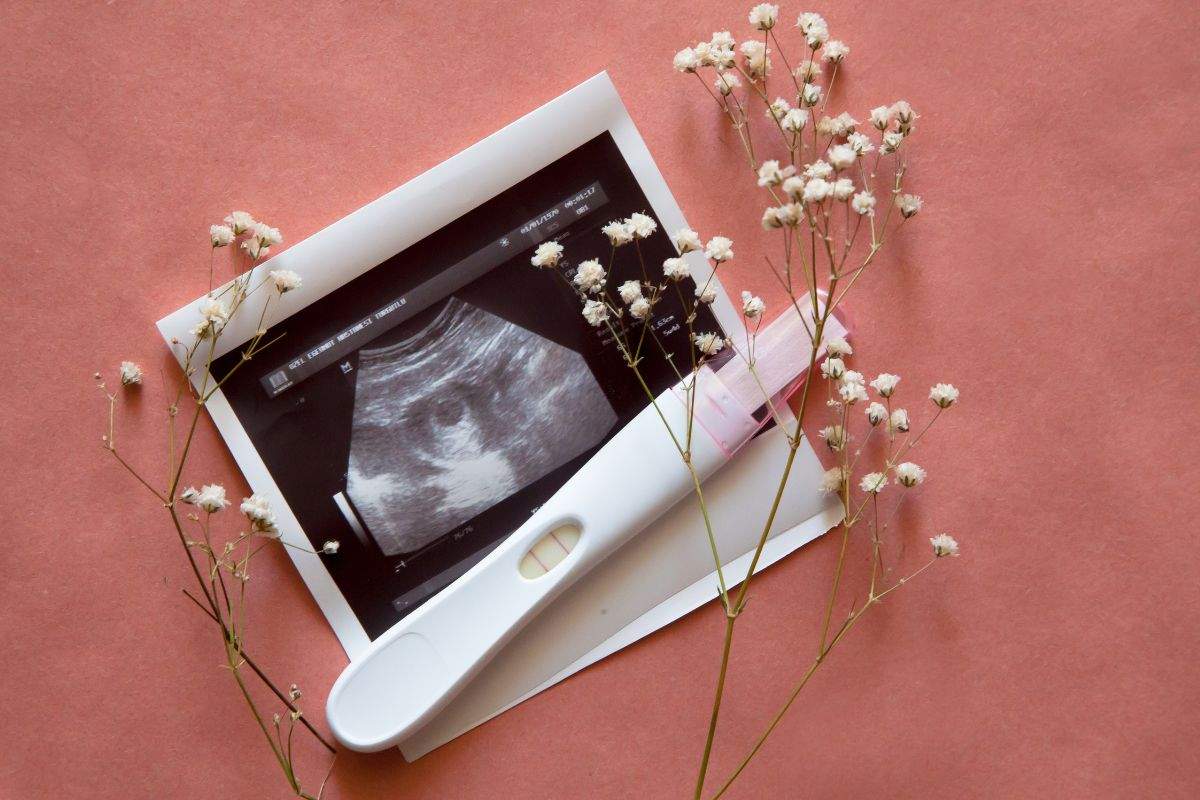
How Aging Affects Fertility and Pregnancy
Fertility can be a sensitive and emotional journey, especially for women over 35 who may find themselves struggling to conceive. While age is just a number in many aspects of life, it plays a crucial role in reproductive health. Here’s an in-depth look at how aging affects fertility and pregnancy, and how acupuncture can support you along the way.
How Does Aging Impact Fertility?
- Decline in Ovarian Reserve
Women are born with a finite number of eggs, and as they age, the quantity and quality of these eggs naturally decline. By the time a woman reaches her mid-30s, the ovarian reserve begins to decrease at a faster rate. This can make it more challenging to conceive naturally. - Hormonal Changes
Aging affects the production of essential reproductive hormones, such as estrogen and progesterone. These hormonal shifts can result in irregular menstrual cycles and affect ovulation, making it harder to predict the best time to conceive. - Increased Risk of Chromosomal Abnormalities
As egg quality diminishes with age, the likelihood of chromosomal abnormalities increases. This can lead to higher rates of miscarriage and an increased risk of certain genetic conditions, such as Down syndrome. - Health Conditions
Women over 35 are more likely to have underlying health conditions that may affect fertility, including endometriosis, fibroids, and polycystic ovary syndrome (PCOS). These conditions can create additional obstacles to conception.
How Aging Affects Pregnancy
Even after conception, aging can impact pregnancy in the following ways:
- Higher Risk of Complications
Pregnant women over 35 face an increased risk of complications such as gestational diabetes, high blood pressure, and preeclampsia. There’s also a higher chance of preterm labor or delivering via C-section. - More Intensive Prenatal Care
Healthcare providers often recommend more frequent checkups and additional testing for women over 35 to monitor both maternal and fetal health more closely. This ensures any potential complications are caught early. - Postpartum Recovery
Women in their late 30s and 40s may experience longer postpartum recovery periods due to the body’s slower healing process as we age. Emotional and physical support during this time is crucial.
How Acupuncture Can Help Fertility After 35
Acupuncture has long been recognized as a beneficial therapy for women struggling with fertility, especially for those over 35. Here’s how it can help:
- Regulating Hormonal Balance
Acupuncture helps balance reproductive hormones like estrogen and progesterone, which are essential for ovulation and conception. It can also support regular menstrual cycles, improving your chances of conception. - Improving Egg Quality
While acupuncture cannot increase the number of eggs, studies have shown it can help improve egg quality by increasing blood flow to the ovaries, providing the nutrients and oxygen needed for healthier eggs. - Reducing Stress
Fertility struggles can be emotionally draining, and stress can negatively impact reproductive health. Acupuncture helps reduce stress by calming the nervous system, promoting relaxation, and improving emotional well-being, all of which can enhance fertility. - Enhancing Uterine Health
Acupuncture improves blood flow to the uterus, creating a more favorable environment for implantation. This can help women who have had difficulty with implantation in the past. - Supporting Assisted Reproductive Technologies (ART)
Acupuncture is often used alongside fertility treatments like IVF or IUI to improve outcomes. Studies suggest that acupuncture performed before and after embryo transfer can increase the chances of implantation and a successful pregnancy.
Tips for Improving Fertility After 35
While age-related fertility decline is natural, there are proactive steps you can take to optimize your chances of conceiving:
- Healthy Diet and Exercise
Maintaining a healthy weight and eating a nutrient-rich diet can support hormonal balance and improve reproductive health. Include plenty of whole foods, fruits, vegetables, and foods rich in folic acid and omega-3 fatty acids. - Reduce Stress
Stress can have a negative impact on fertility. Mind-body practices such as yoga, meditation, or acupuncture can help reduce stress levels and improve overall well-being. - Seek Professional Guidance
If you’re over 35 and trying to conceive, consulting a fertility specialist can help you understand your options. Your doctor may suggest fertility testing, medications, or assisted reproductive technologies like IVF. - Know When to Seek Help
If you’ve been trying to conceive for six months or longer without success, it’s time to seek medical advice. Early intervention can provide valuable insights and options to support your fertility journey.

Conclusion
Struggling with fertility after 35 can be difficult, but it’s important to remember that you have options. Understanding how aging impacts fertility and taking proactive steps, like acupuncture and other supportive therapies, can make a significant difference.Age is a factor, but with the right support and guidance, women over 35 can still have healthy pregnancies and successful outcomes.
If you’re on this journey, Lifegate Acupuncture is here to guide and support you. Through personalized treatments, we can help you balance your hormones, reduce stress, and improve your reproductive health. You don’t have to navigate this path alone—reach out today and take the next step toward building your family.


